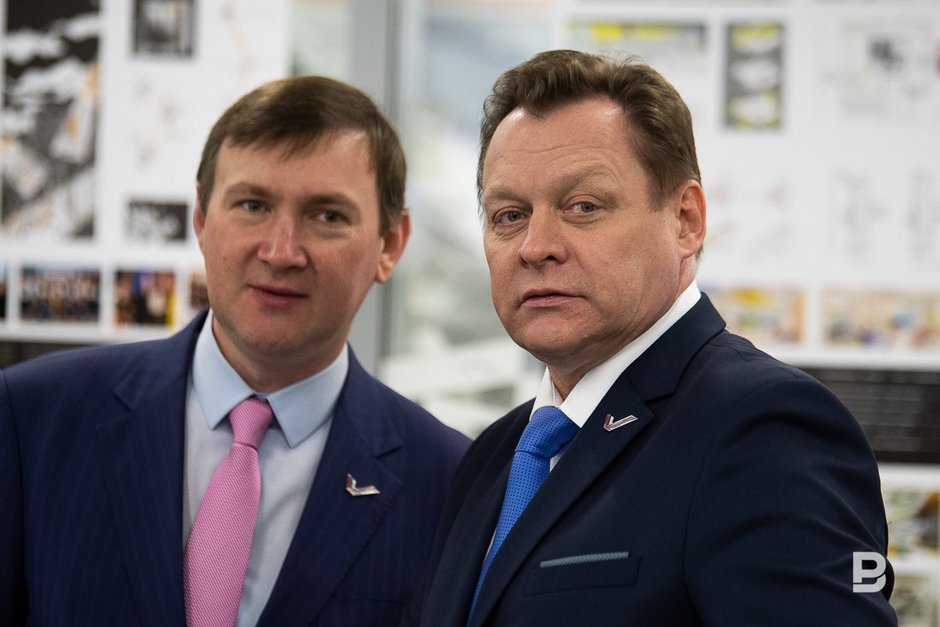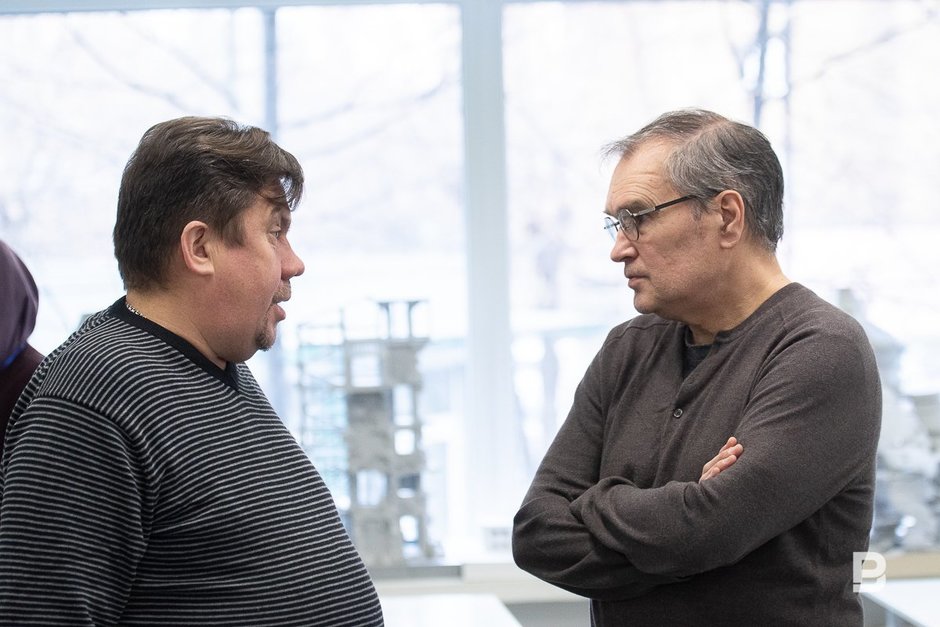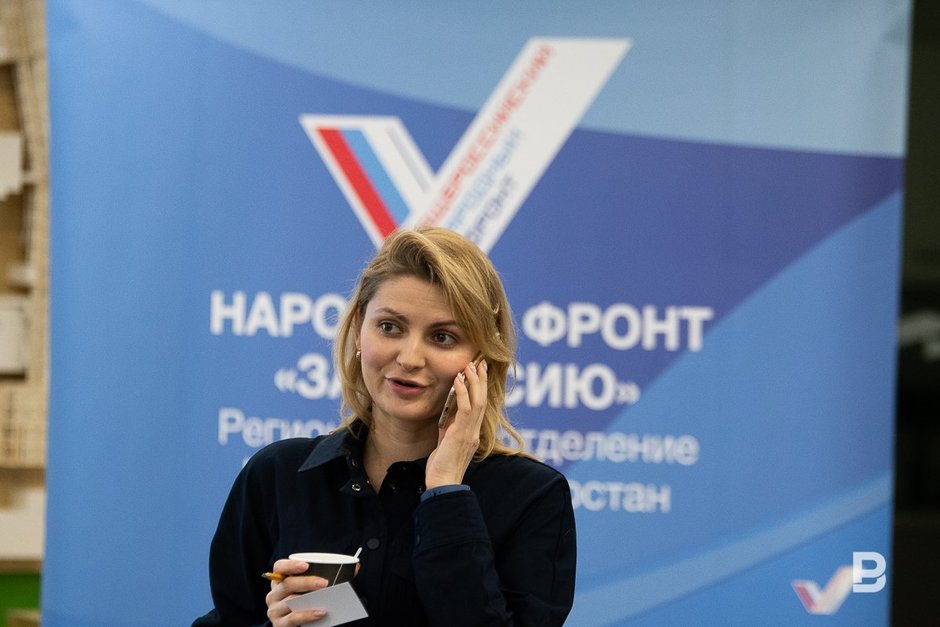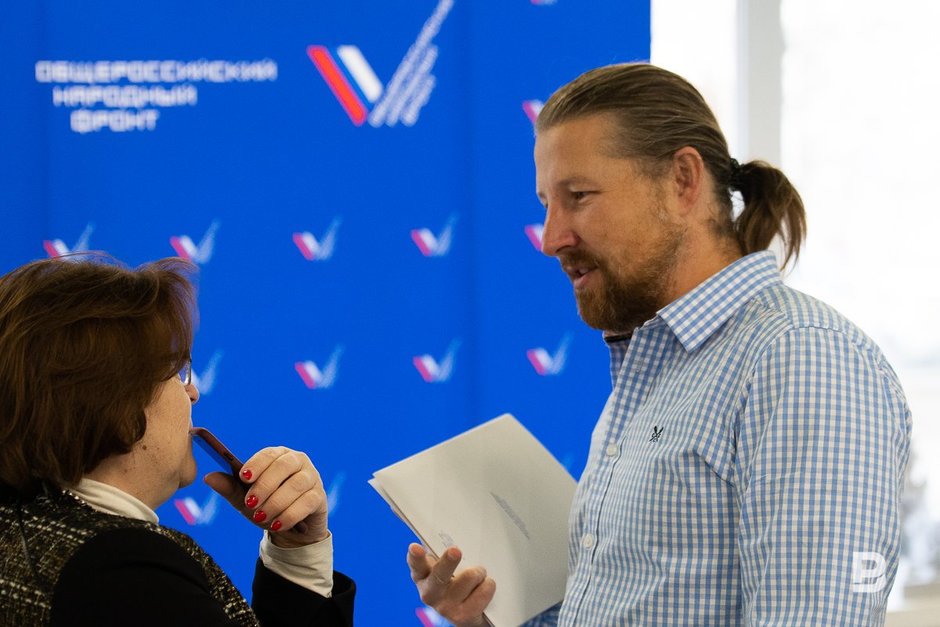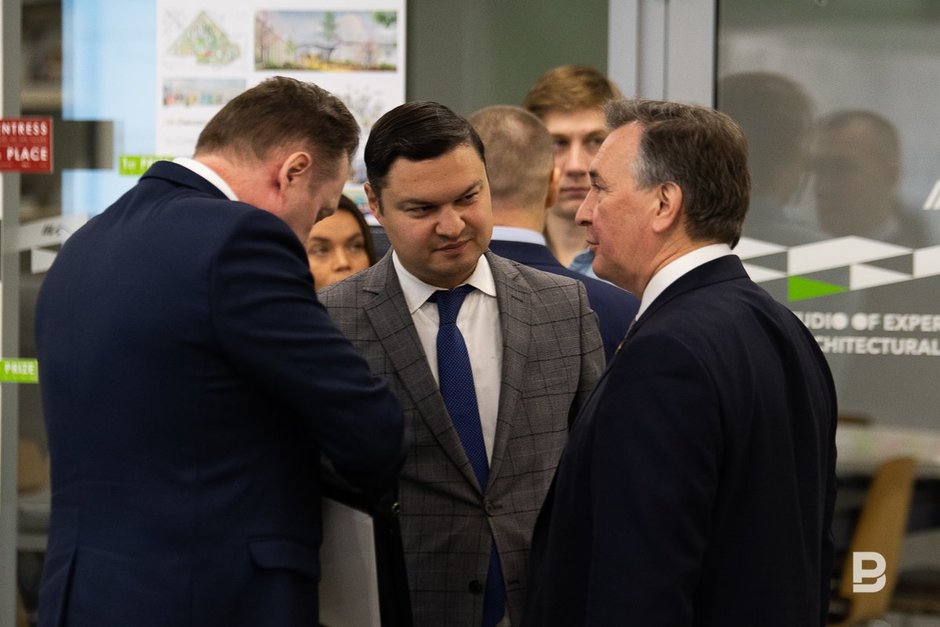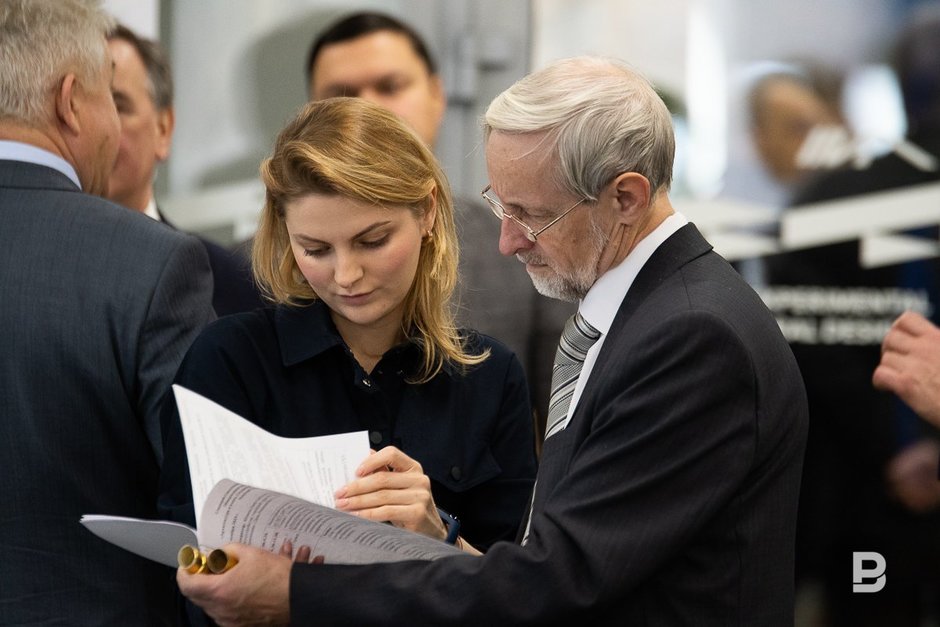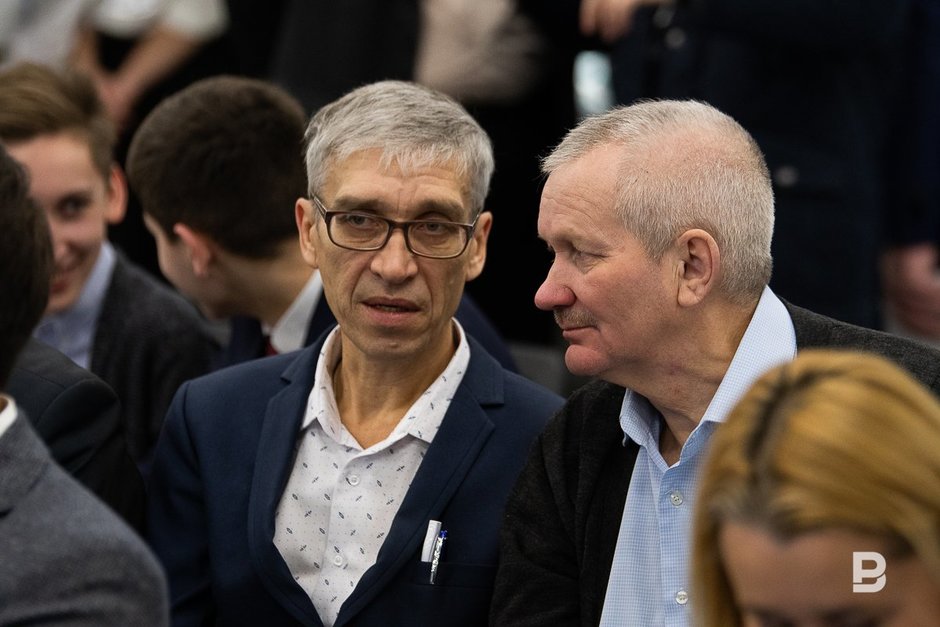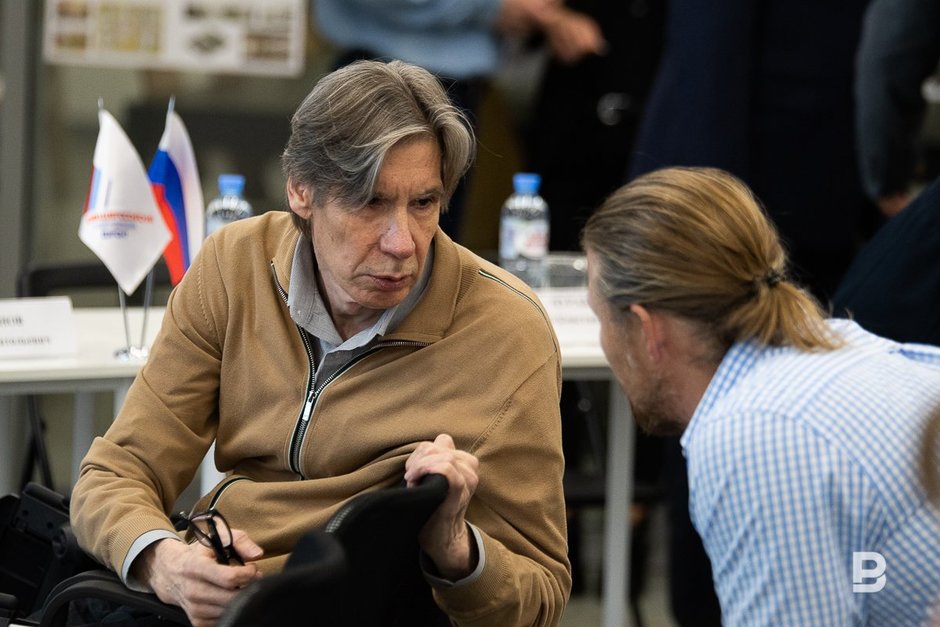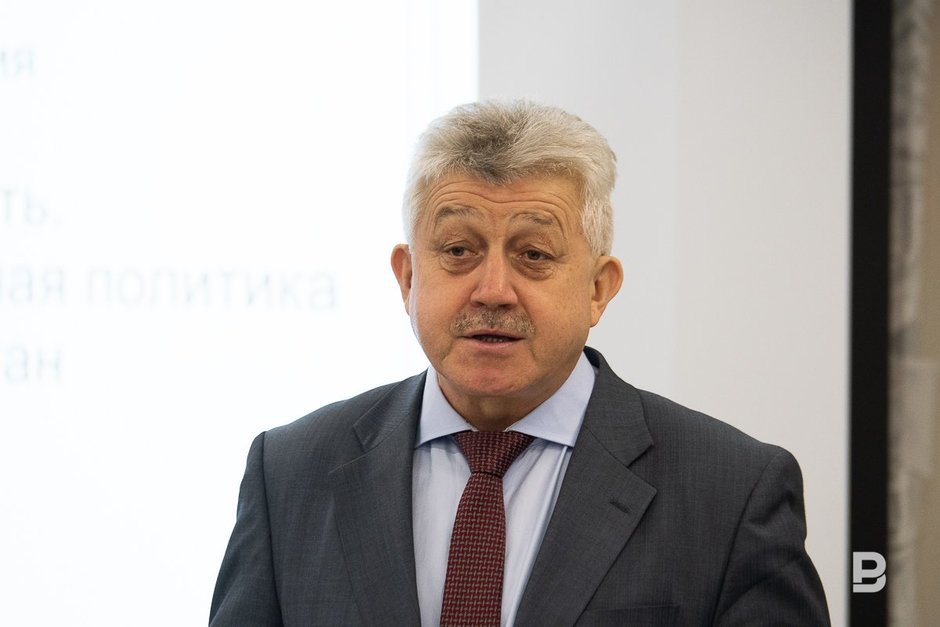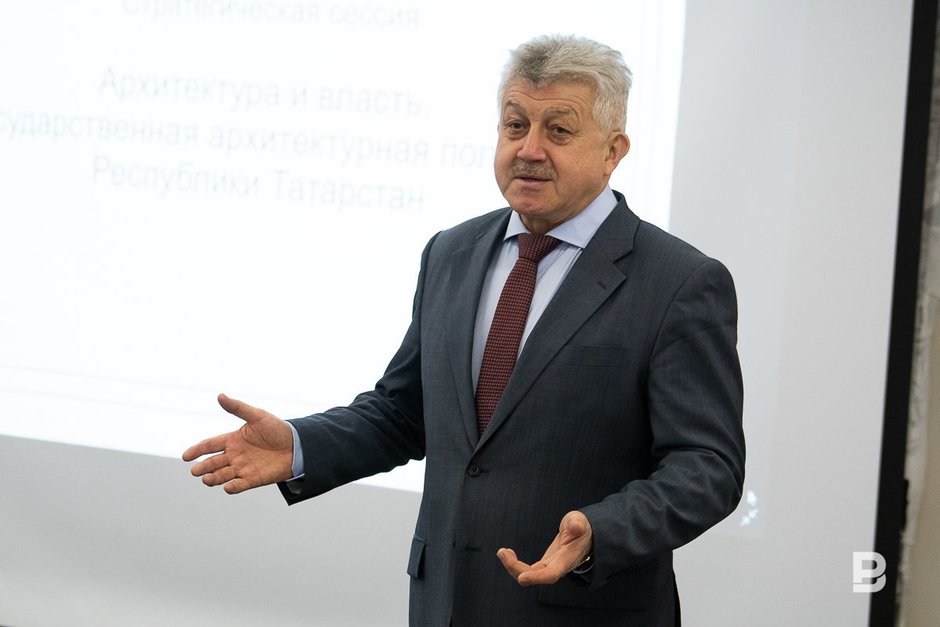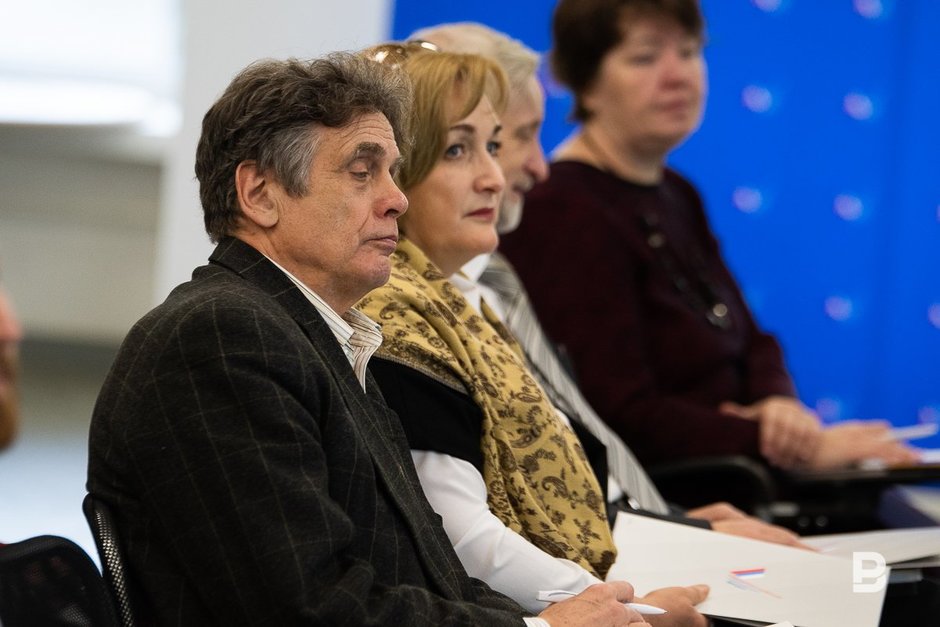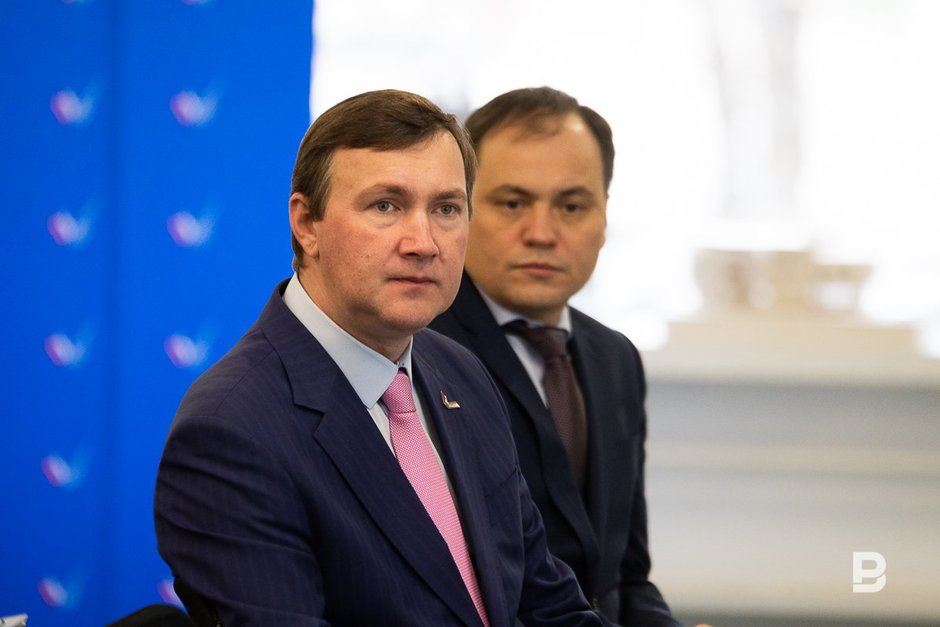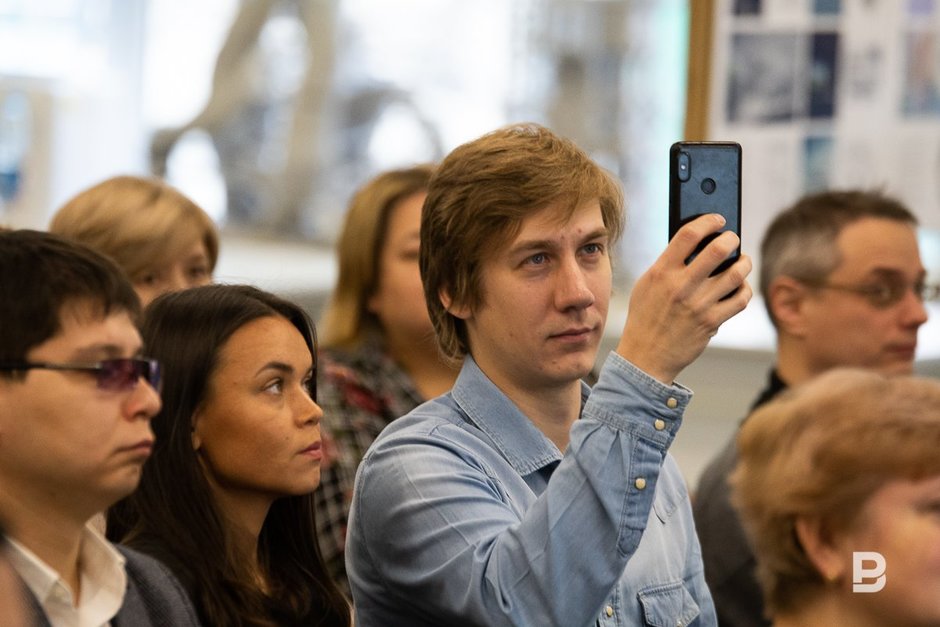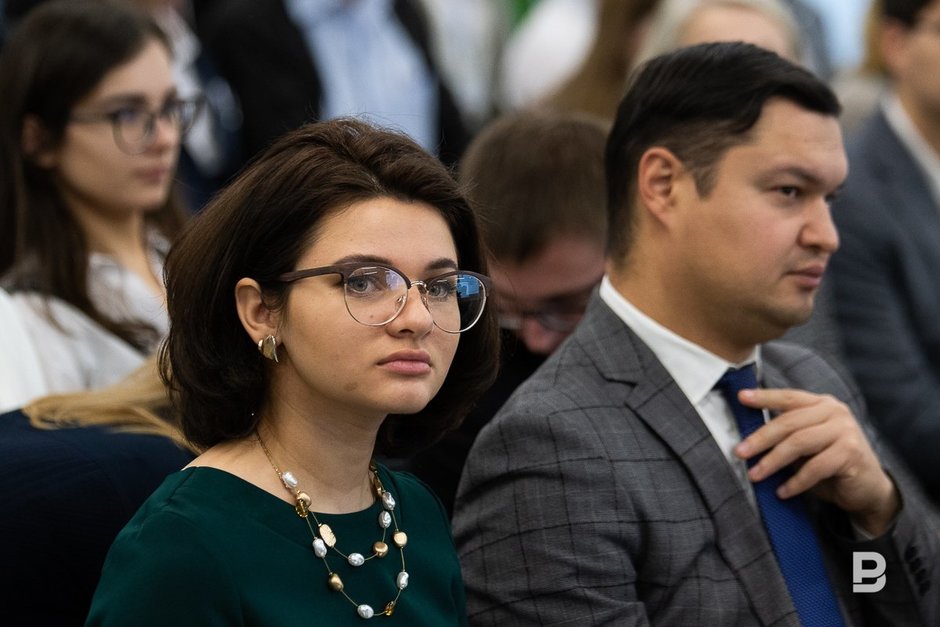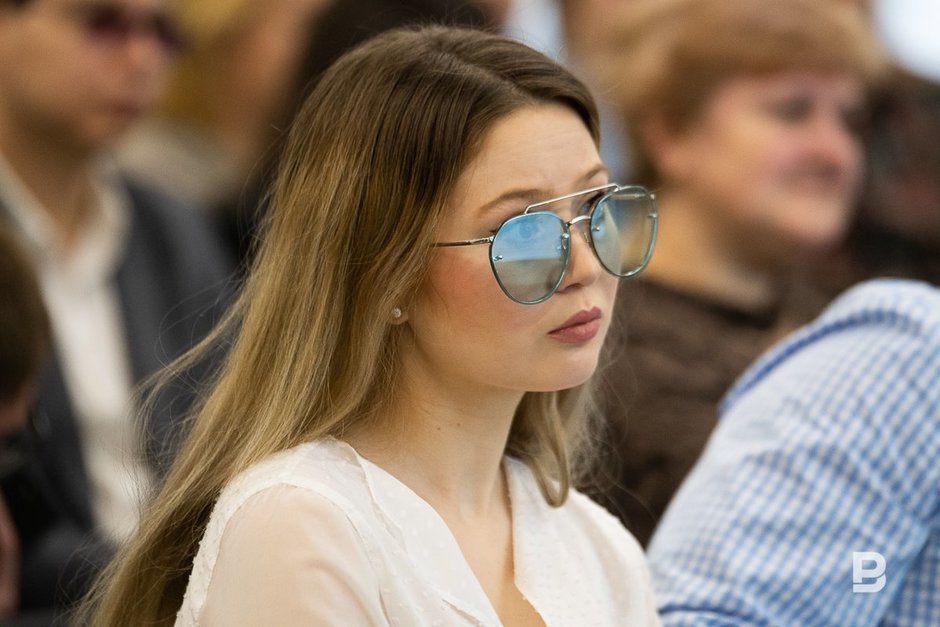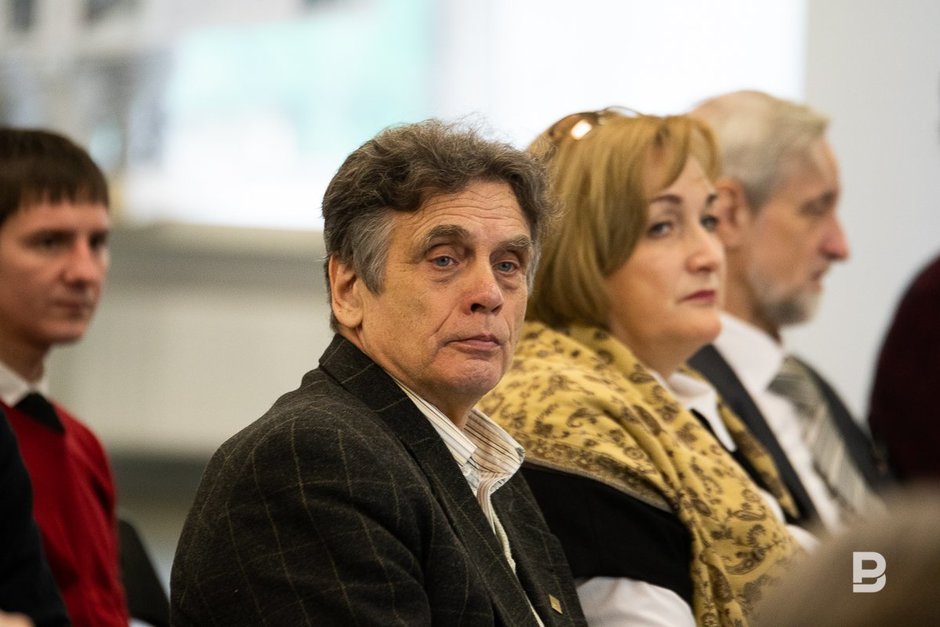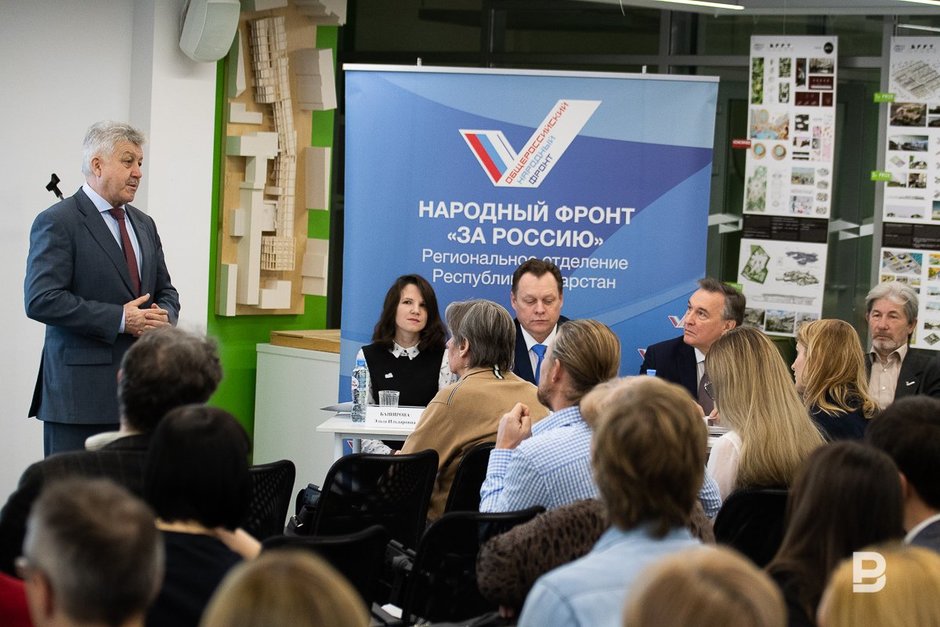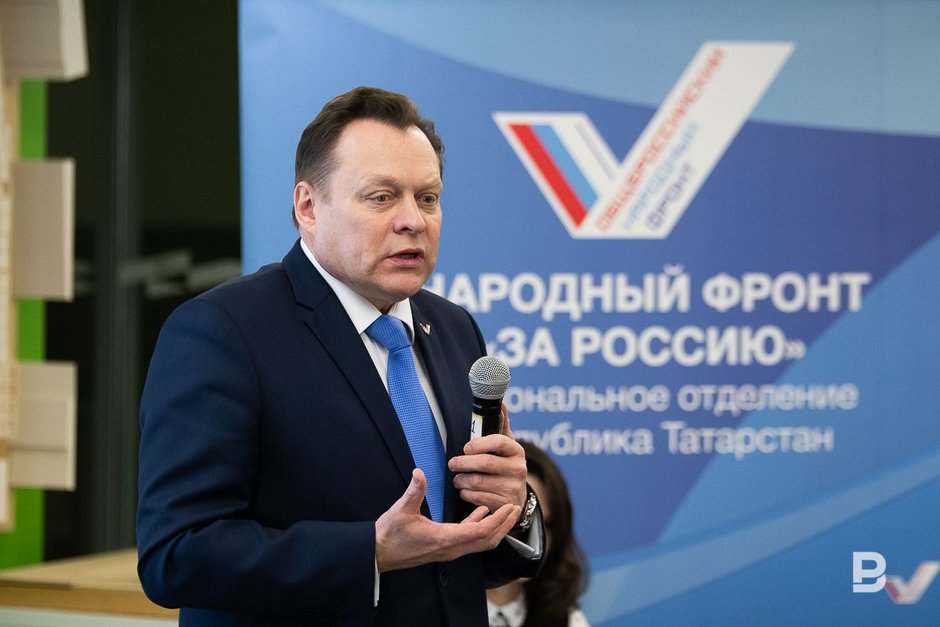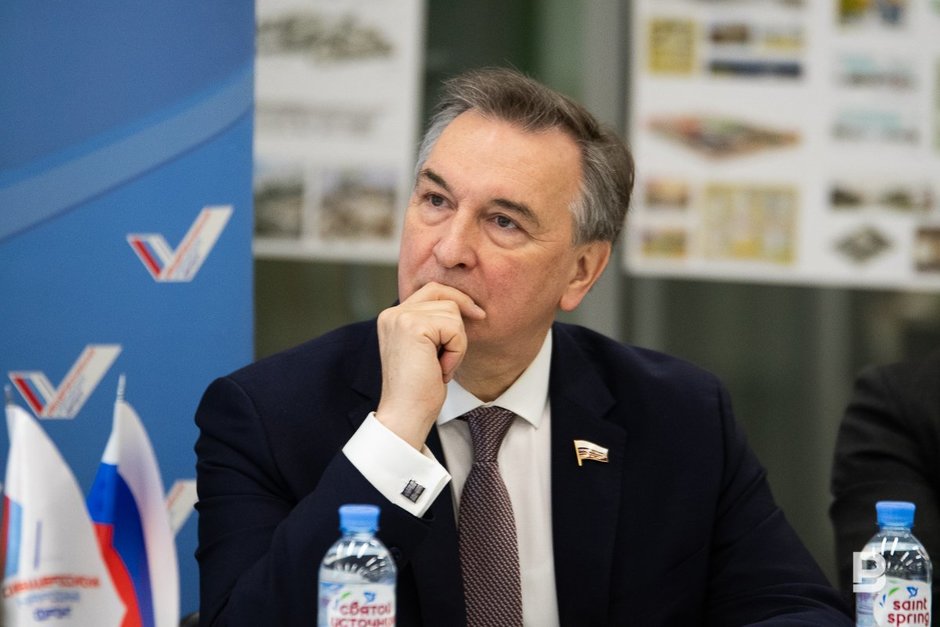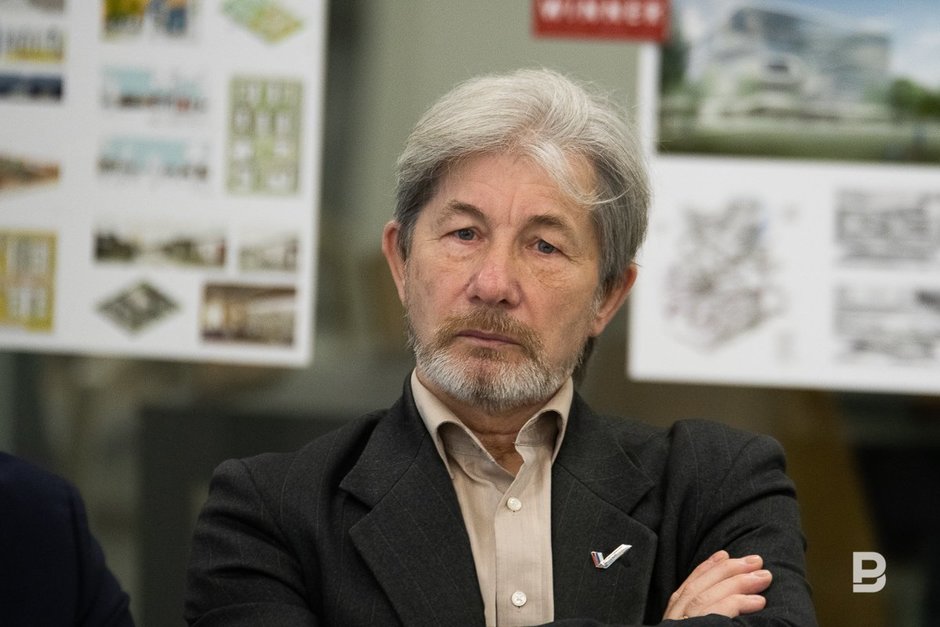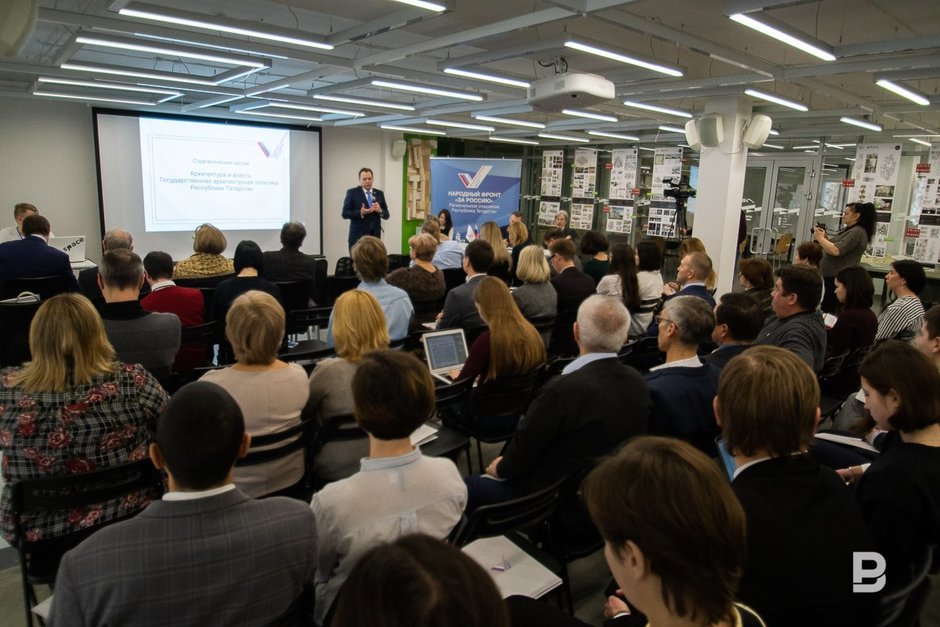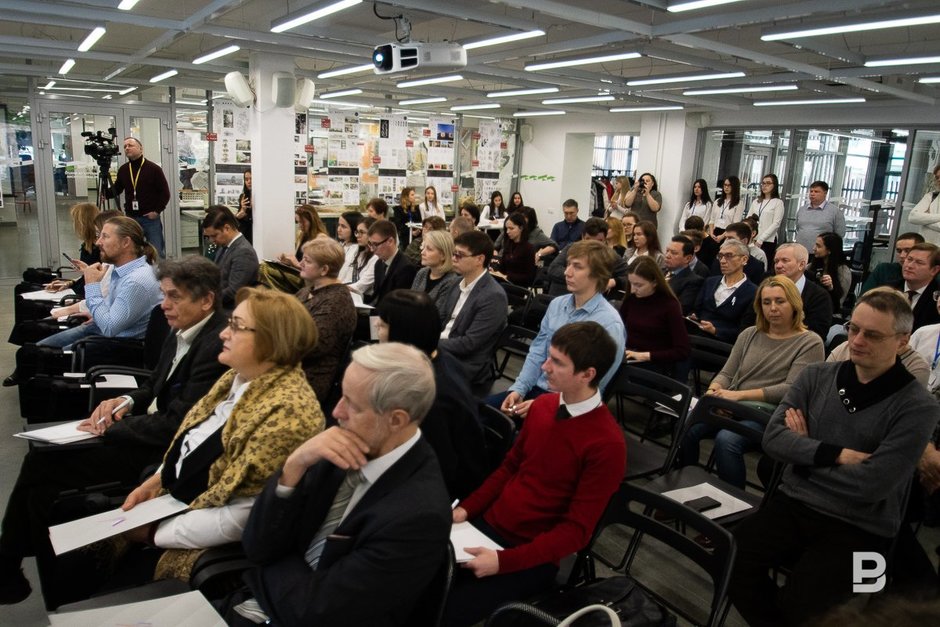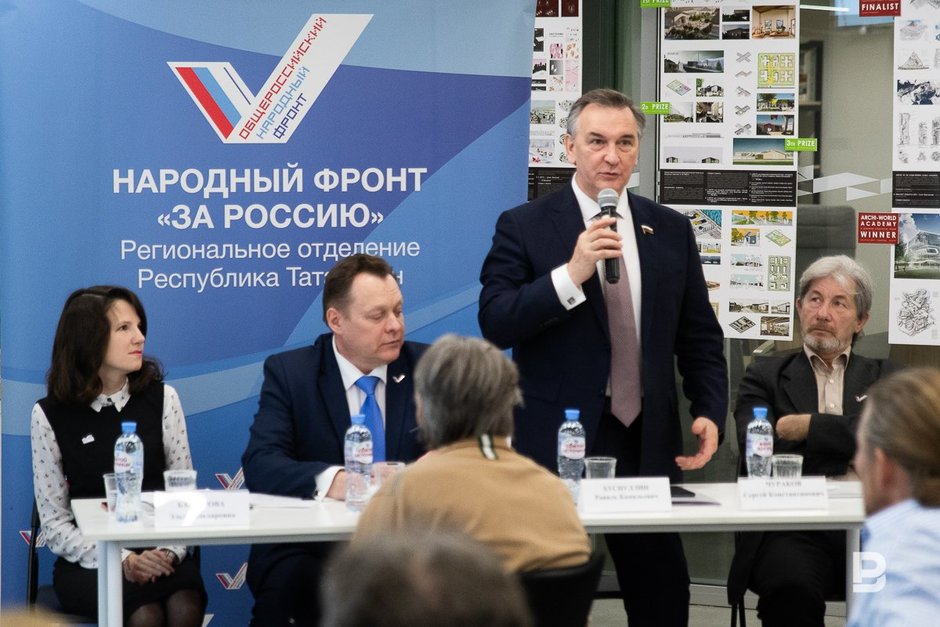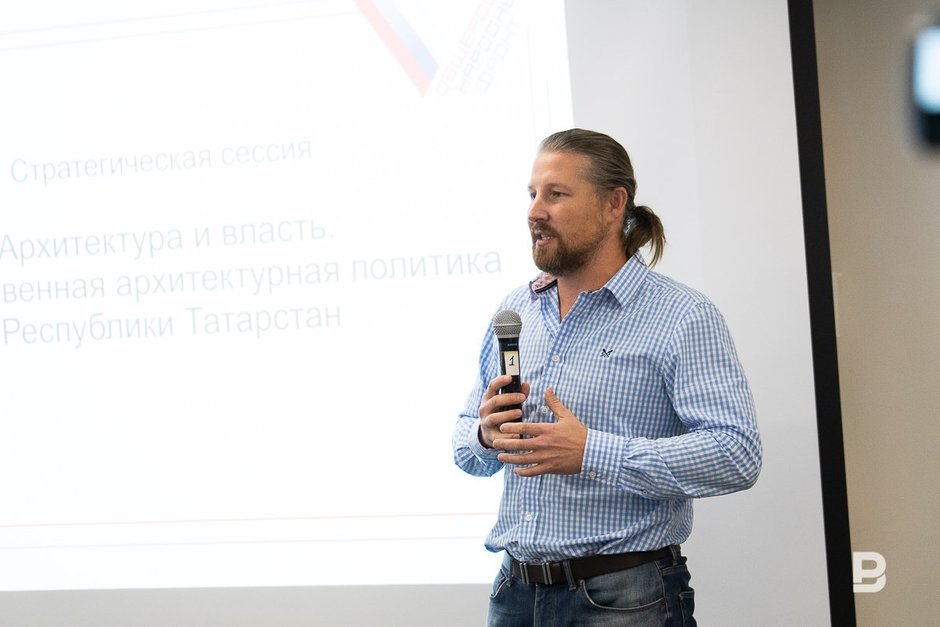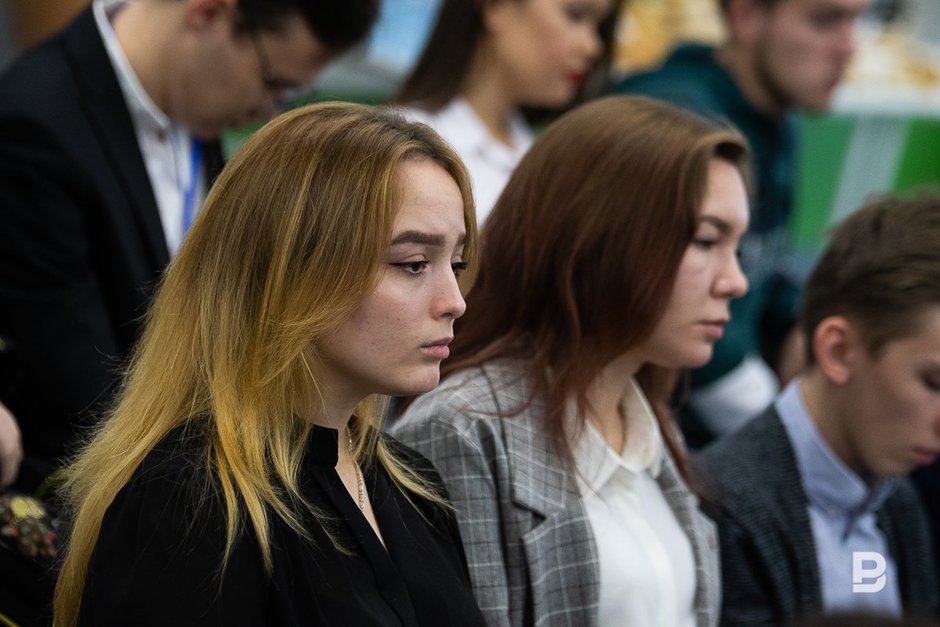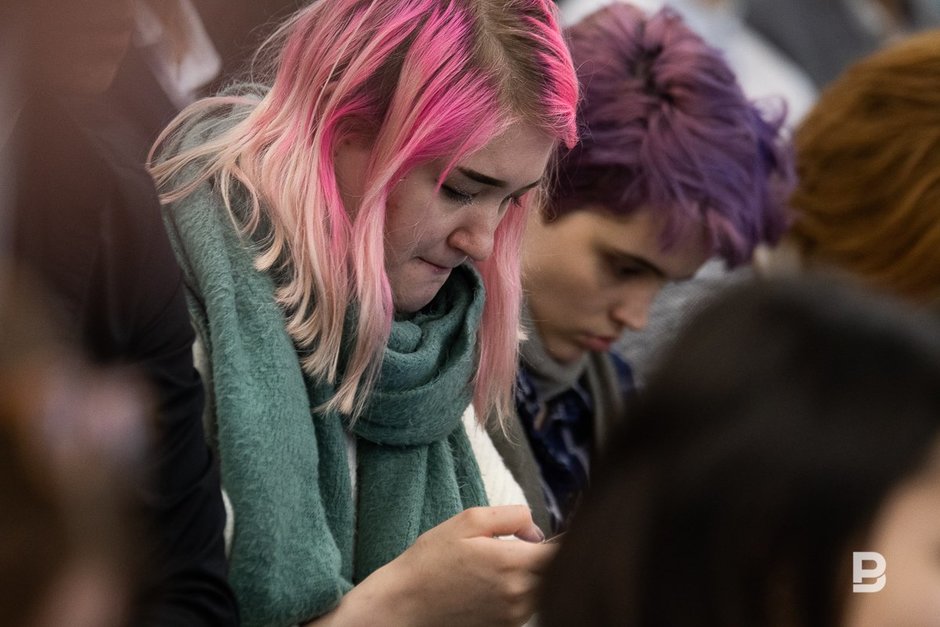Pavel Zhbanov, MArchI: “24% of cities in Russia have an unpleasant urban environment”
Architectural policy in Russia and Tatarstan was discussed at KSUAE
Architecture and Authorities. State Architectural Policy of the Republic of Tatarstan organised by All-Russia People’s Front took place at Kazan State University of Architecture and Engineering on 15 November. The republic’s indicators of quality of the urban environment and key problems in projects in the historical city were made public during the meeting. More is in Realnoe Vremya’s report.
“13 out of 24 cities in the region have an unpleasant environment”
In 2017, Formation of Comfortable Urban Environment project kicked off in Russia. According to it, municipalities have to create and implement five-year integrated programmes to improve cities and settlements. It should be noted that Tatarstan is a bit ahead of these plans and began to implement a number of state programmes aimed to create a comfortable urban environment as early as 2015 — it is Parks and Squares, Improvement of Water Protection Zones and Development of Public Spaces.
“Tatarstan is almost the leading republic among Russian regions in the project Formation of Comfortable Urban Environment. The existing groundwork here is used in many regions,” Vice Rector of Moscow Architectural Institute (MArchI) in Project Management, federal coordinator of the Monitoring Centre for Urban Environment Improvement of the All-Russia People’s Front Pavel Zhbanov claimed at the session. The speaker reminded the audience about the first urban environment quality index created by the Russian Ministry of Construction, which was made public on 1 November. According to Zhbanov, “the results make one think about it seriously, both in the federation and republic”.
“24% of cities have an unpleasant urban environment in Russia. I can’t say this number surprised me much, but when we looked at the summary for Tatarstan, it raised certain questions. 13 out of 24 cities in the region have an unpleasant environment, which is 54%. The total quality index across the republic is equal to 177 points, while the cap is 360 points, and the borderline “well-being” is 180 points. 12 out of 15 towns of the Republic of Tatarstan have an unpleasant environment. What should we do with it?” the MArchI vice-rector addressed the audience.
“A document must appear — state architectural policy”
Answering the question he himself asked, Zhbanov claimed that a resolution must become a result of this discussion.
“A conceptual document must appear in the republic, regions and at the federal level — state architectural policy — as a methodological foundation of project management when creating a comfortable urban environment,” the speaker explained. “One of the proposals we will add to the resolution is about the formation of the concept of state architectural policy of the Republic of Tatarstan. Then we will offer the State Duma to spread the same document at the federal level.”
Deputy of the Russian State Duman Ravil Khusnulin supported Zhbanov’s speech and explained why the legislative initiative should come from precisely Tatarstan.
“Firstly, it is really necessary. Secondly, Tatarstan is a flagship in many ideas. When we say that we decided to allocate 50 billion rubles from the regional budget to solve issues of a comfortable urban environment, our colleagues are just in shock. The factor that President of the Republic Rustam Minnikhanov is the coordinator of the federal programme on comfortable urban environment is also important. And it would be strange if the person who supervises the area across the country couldn’t organise everything in the republic,” Khusnulin said.
“Businesses know better”
Historical and cultural identity and transformation of urban spaces in the republic became one of the key themes of the session. Generally speaking, now all Russian cities have an uneasy task of not only emphasising mental and cultural traditions of the territory, not blindly copying foreign facilities when making a design of the urban environment.
Creator of the development concept of the historical centre of Kazan, famous architect Oleg Maklakov was the first to express his opinion about the topic. The expert noted that our historical urban environment was almost neglected. Apart from historical events, the programme resettling people from dilapidated houses affected it in part: there aren’t “guardians” left in the centre — the locals who are interested in the issue. In addition, according to Maklakov, it is important to shift the attention of the people and authorities to the fact that “cultural heritage is created constantly, it isn’t that it was once created in the past and that’s it”. Moreover, new facilities must respect succession.
Businesses’ work with cultural heritage sites was also tabled.
A representative of the Tatarstan Committee for Cultural Heritage Site Protection who participated in the discussion drew the attention of the audience to the fact that the conservation of cultural heritage sites meant not only their physical conservation but also correct inclusion to the structure of the urban environment. The function of a site itself must be in harmony, while, in the Committee’s representative’s opinion, the state should determine its function.
“I partially agree with this point, but partially I don’t. There must be documents for territorial planning across Tatarstan, it would be good to start with the general plan: what and where we would like to see,” representative of the Tatarstan Investment Development Agency Vyacheslav Yermakov reacted. “I won’t agree with the point that authorities should say: ‘You must do this in this cultural heritage site’. I agree that there are certain frames of morale, law, and investor can’t cross them. But businesses know better what should be done on a site.”
Associate Professor of MArchI, specialist in urban space development Sergey Churakov disagreed with the speaker from TIDA and claimed: “It isn’t for sure that businesses know better. There are a lot of examples when an unsuccessful function was chosen for a site”. In answer, Yermakov offered to create an “integrated agency” to solve this issue.

